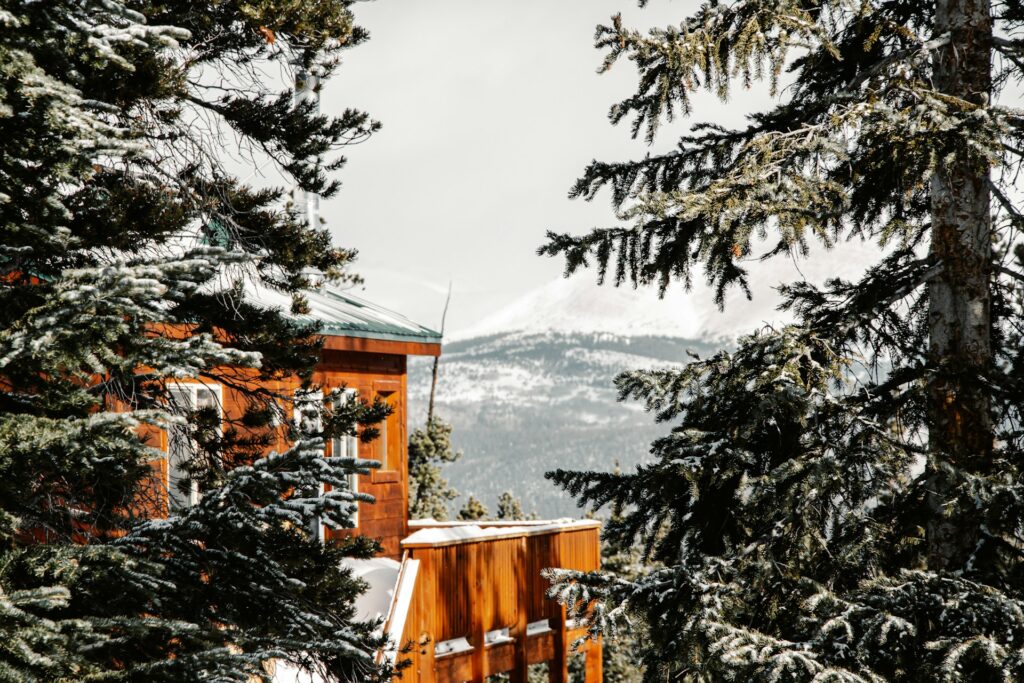
As temperatures start to drop, now is the perfect time to winterize your home and improve energy efficiency for the colder months. Whether you’re a Colorado resident braving mountain temperatures or live in a chilly climate elsewhere, simple upgrades can make a big difference in comfort and energy savings. From insulating key areas to upgrading windows, these steps will help you prepare your home for winter effectively.
1. Upgrade Insulation for Lasting Warmth
Insulation is the first line of defense against winter cold. High-quality insulation in your walls, attic, and floors keeps warm air inside and prevents heat loss, reducing the amount of energy needed to heat your home. If you’re in Colorado, where winter temperatures can be extreme, consider upgrading to spray foam insulation or adding extra insulation in critical areas like the attic, where heat loss tends to be highest.
2. Install Energy-Efficient Windows
Windows are a common culprit of heat loss, especially if they’re single-pane or older models. Upgrading to energy-efficient, double- or triple-pane windows can drastically improve insulation, keeping warm air in and cold air out. Look for windows with a low U-value (which measures heat loss) and consider options with argon gas between panes for enhanced insulation.
3. Seal Drafts and Leaks
Drafts around doors, windows, and other areas can allow cold air in and drive up heating costs. Weatherstripping and caulking are affordable solutions for sealing these gaps. In older homes, sealing drafts around the foundation, attic hatch, and vents is essential. Even small gaps can have a big impact, so take the time to check your home for leaks.
4. Upgrade to a Smart Thermostat
A smart thermostat allows you to control your home’s temperature from your smartphone, automatically adjusting settings based on your schedule. Smart thermostats help you save energy by lowering the temperature when you’re away and warming your home just before you return. Many smart thermostats also provide insights into your energy usage, helping you spot trends and reduce waste.
5. Switch to Energy-Efficient Lighting
Lighting is a surprisingly significant part of your energy bill, especially during winter when daylight hours are shorter. Replacing old incandescent bulbs with energy-efficient LED or CFL bulbs not only reduces electricity consumption but also lasts longer. For Colorado residents, consider LED bulbs that mimic natural daylight to brighten your home during the dark winter months.
6. Add Window Treatments for Extra Insulation
Thermal curtains, cellular shades, and blinds can add an extra layer of insulation to your windows, keeping cold air out. During the day, open your curtains to let in natural sunlight and warmth, and close them at night to retain heat. Window treatments are an affordable and effective way to improve your home’s energy efficiency.
7. Tune Up Your Heating System
Regular maintenance is essential for keeping your heating system running efficiently. Schedule a tune-up before winter hits to ensure your system is in top shape. For Colorado residents, where heating demands can be high, a well-maintained furnace or heat pump ensures reliable performance and minimizes energy consumption.
8. Consider Installing a Heat Recovery Ventilator (HRV)
An HRV system is an excellent option for cold climates like Colorado. It improves ventilation without losing heat, bringing fresh air into your home while recovering up to 80% of the heat that would be lost in traditional ventilation systems. HRVs are ideal for airtight homes where fresh air is limited.
9. Add Insulation to Water Heaters and Pipes
Hot water accounts for a significant portion of energy use in the winter. By insulating your water heater and hot water pipes, you can minimize heat loss, making your system more energy-efficient. Pipe insulation is particularly important in unheated spaces like basements, where pipes are more susceptible to freezing.
By making these upgrades, you’ll not only keep your home comfortable throughout the winter but also save money on your energy bills. Whether it’s installing energy-efficient windows or adding insulation, winterizing your home is an investment in both comfort and cost savings.
